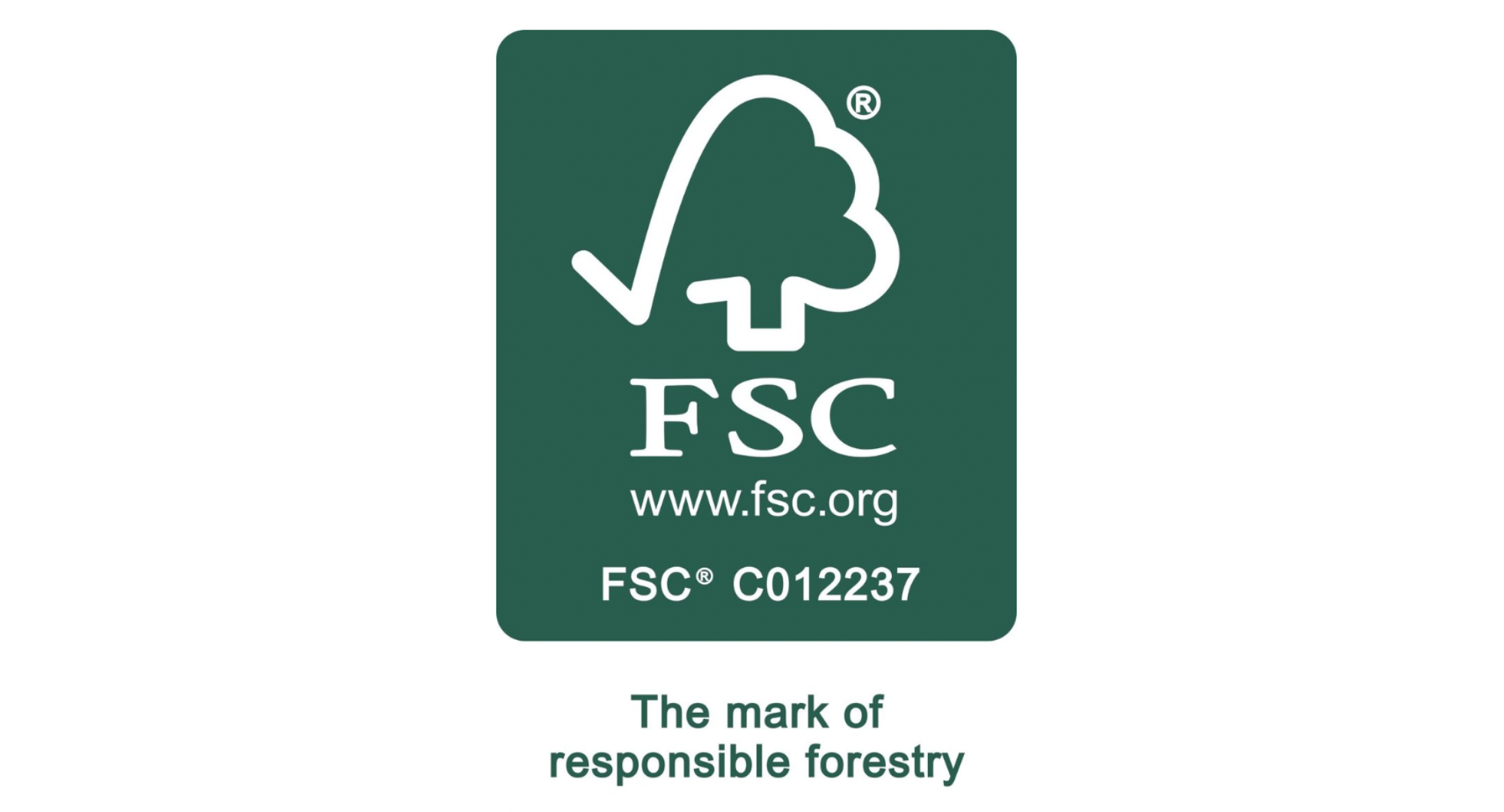In our fast-paced world, online shopping is important, so we need better ways to store and deliver products.
Toronto is a busy city for business and trade. It's not surprising that the city is using advanced technologies to improve its storage and delivery processes. In this blog, we will explore the latest advancements in fulfillment and warehousing in Toronto. We will discuss how fulfillment houses in Canada and warehousing in Toronto are changing significantly.
Automation Takes Center Stage in Fulfillment House Canada
One of the most significant trends in the fulfillment and warehousing sector is the increasing integration of automation technologies. Fulfillment houses in Canada, especially in Toronto, are adopting advanced robotic systems and artificial intelligence (AI) to streamline operations. Robots pick and pack items, making things faster and reducing mistakes made by humans. This not only speeds up the process but also ensures more accurate order fulfillment, leading to happier customers.
Advanced Inventory Management Systems
Managing inventory effectively is a critical aspect of warehousing operations. Recent technological advancements have brought about smarter inventory management solutions. Warehousing Toronto now uses advanced technology like sensors, RFID, and IoT devices to track stock levels in real-time. This enables businesses to have a clearer picture of their inventory, preventing overstocking or stockouts, and thus optimizing the supply chain.
Data Analytics and Insights
In the digital age, data is king. Canadian fulfillment houses are using data analytics to understand customer behaviour, orders, and trends. By analyzing this data, businesses can make informed decisions regarding inventory management, stocking strategies, and predicting demand fluctuations. Using data improves efficiency and customer satisfaction by making orders more accurate and delivering them on time.
AI-Powered Chatbots for Customer Support in Warehousing Toronto
Excellent customer service is a cornerstone of successful e-commerce businesses. In the realm of fulfillment and warehousing, AI-powered chatbots have emerged as game-changers. These bots can handle customer inquiries, provide order status updates, and even troubleshoot basic issues. 24/7 chatbots improve customer experience and reduce workload for human support teams.
Drone and Autonomous Vehicle Delivery
Imagine receiving your online order via a drone or an autonomous delivery vehicle. This futuristic concept is becoming a reality in Toronto's warehousing landscape. Companies are experimenting with using drones for last-mile deliveries, especially in areas with heavy traffic congestion. These autonomous devices promise faster deliveries and reduced delivery costs, making the fulfillment process even more efficient.
Augmented Reality (AR) for Warehouse Operations
Warehousing Toronto is embracing augmented reality technology to streamline various tasks. AR glasses and devices can provide warehouse workers with real-time information and instructions while they navigate through the facility. This technology assists in locating specific products, optimizing picking routes, and even aiding in quality control checks. As a result, we reduce the training period for new employees and increase the overall efficiency of the warehouse.
Green Warehousing Initiatives
In the age of environmental consciousness, being eco-friendly is a key consideration for businesses. Fulfillment houses in Canada, including those in Toronto, are adopting eco-friendly technologies to minimize their carbon footprint. This includes the implementation of energy-efficient lighting systems, solar power solutions, and even optimizing warehouse layouts to reduce energy consumption. These initiatives not only contribute to a greener future but also often lead to long-term cost savings.
The technological advancements in fulfillment and warehousing in Toronto and Canada are reshaping the way businesses operate in the digital age. Automation, AI, data analytics, and green initiatives are improving efficiency, accuracy in the supply chain.
As we continue, we can expect the further advancement of these technologies. This will lead to improved fulfillment and warehousing processes in Toronto and other areas. The progress will result in smoother operations and a greater focus on customer satisfaction. Toronto is leading the way in the future of fulfillment and warehousing with drones delivering orders and robots ensuring accurate packaging.































































































































